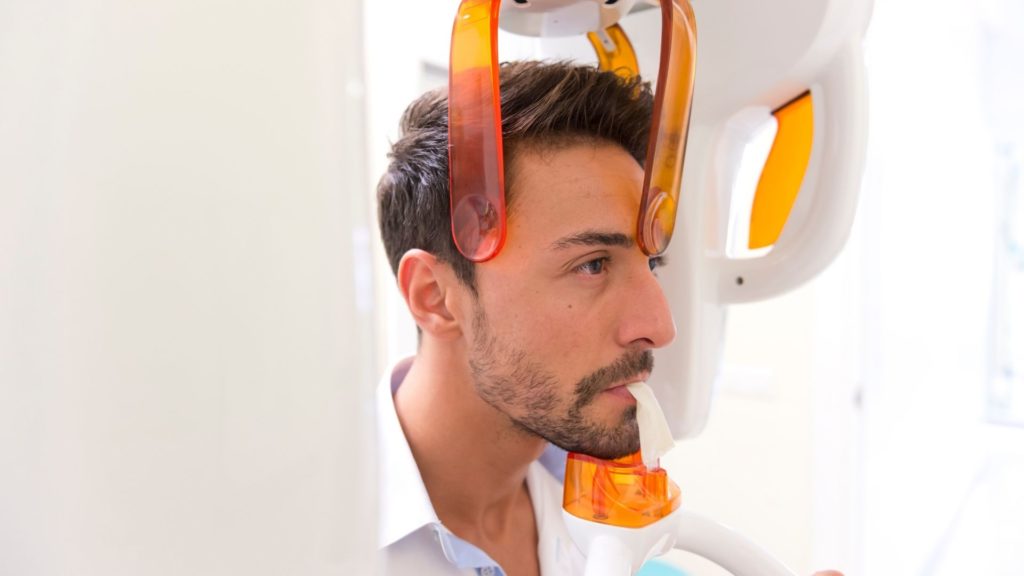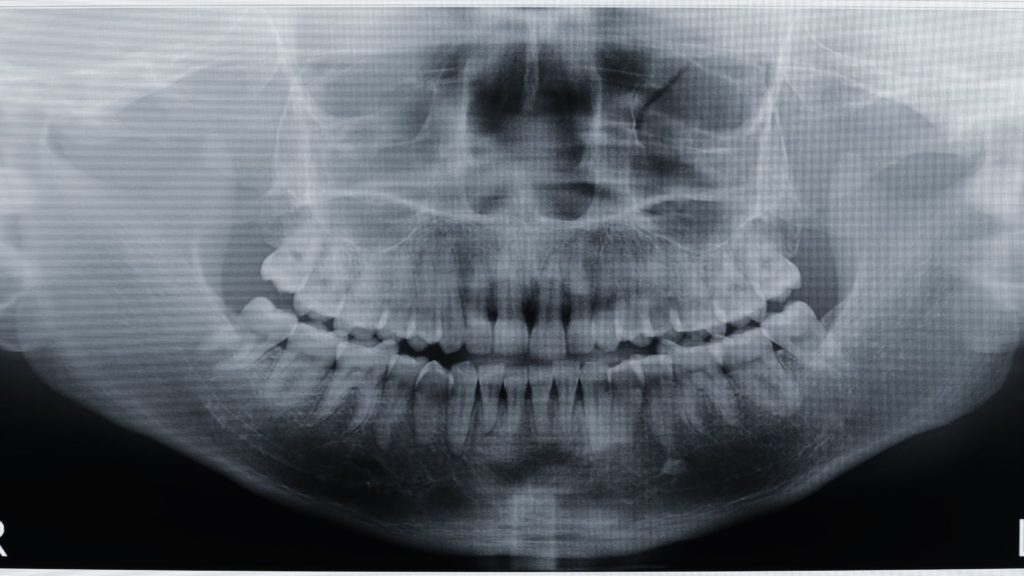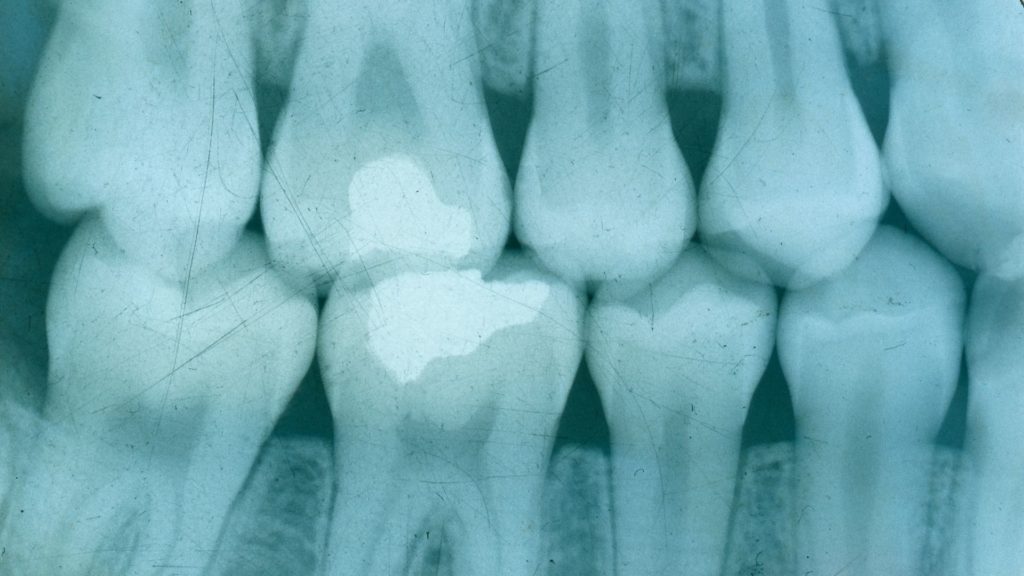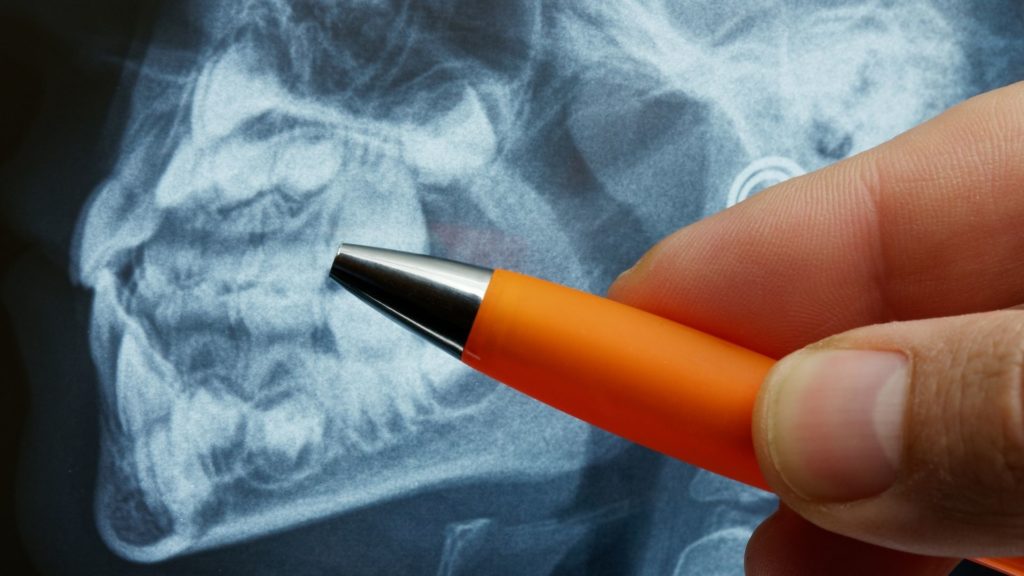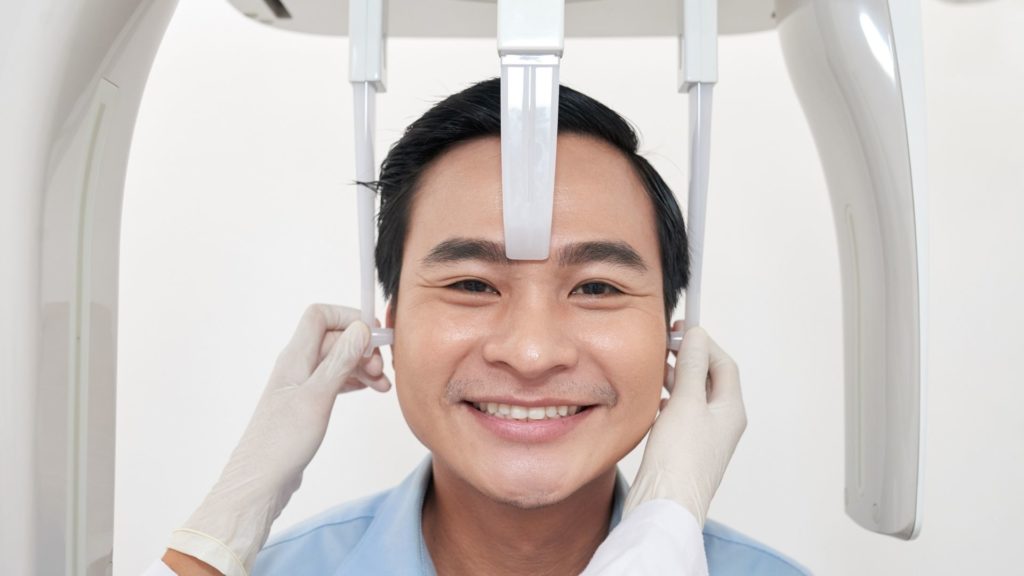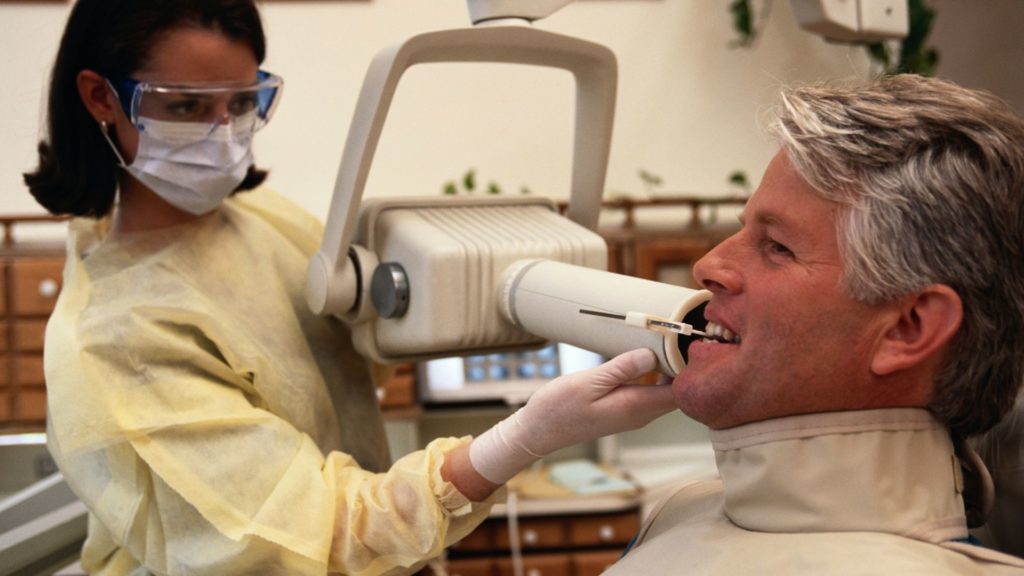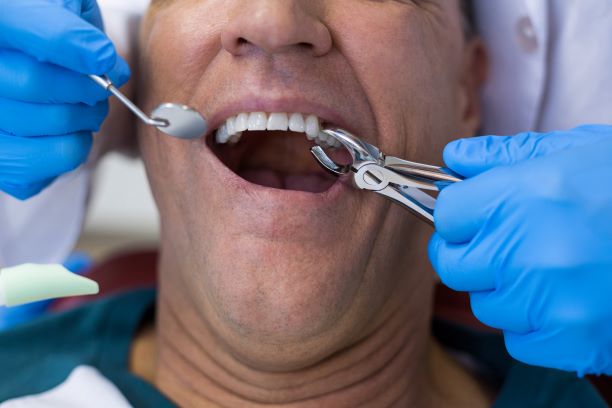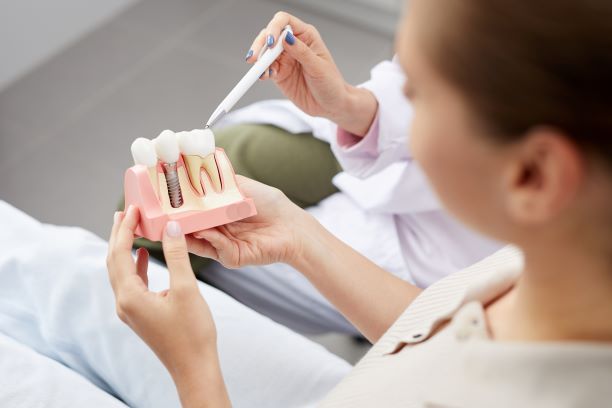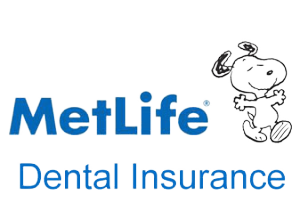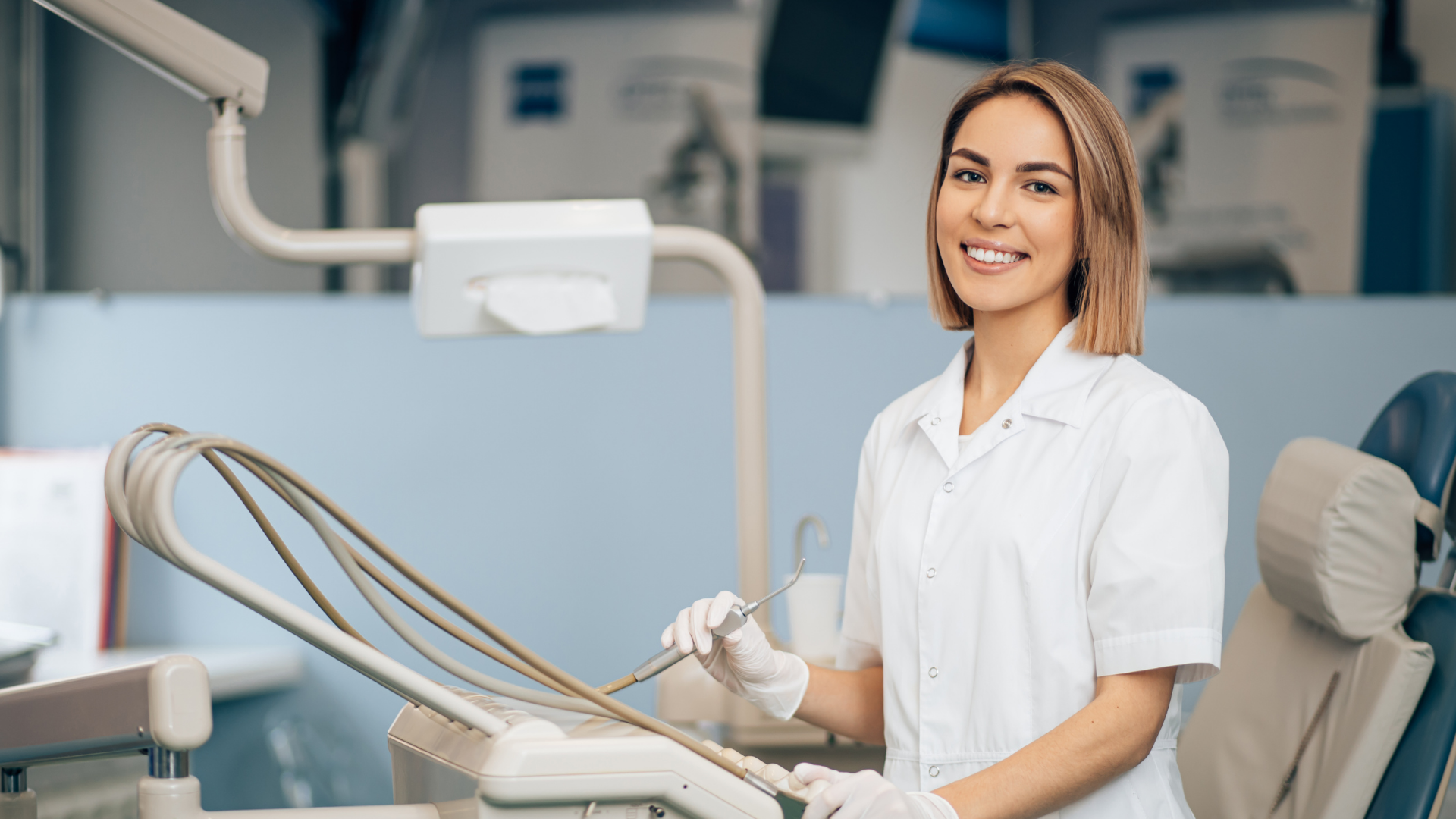intraoral dental imaging
In Oxnard
INTRAORAL DENTAL IMAGING
In Oxnard
Intraoral Dental Imaging. Technology in the dental field has been evolving over time, helping both the dentist and the patients obtain better diagnoses in less time and within everyone’s reach.
Call Now (805) 342-1100
Book Appointment
Make A Quick Appointment
[gravityform id=”7″ title=”false”]
Our Reviews
Hola buen dia, recomiendo este dentista, me atendieron muy bien, son muy amables y muy buen servicio, oficina muy limpia
I would recommend this place to my family and friends, I give them 5 stars .. professional and knowledgeable.
Response from the owner: Thank you for your kind review.
I really love this office. It was quick. Clean very friendly. Thank you much.
Response from the owner: Thank you for your kind review

Intraoral Dental Imaging
Intraoral Dental Imaging
Whether for aesthetic or other reasons, it is increasingly common to want to have a perfect, white, and bright smile. All this can be achieved thanks to the advances in technology in Oxnard Dentistry. Now there are several procedures that help improve our smiles. Currently, there are two very common and widely-used procedures to lighten the teeth; both must be performed in the office by Oxnard Dentistry dentists. The two treatments act in a similar way, but some aspects make them different.
INTRAORAL RADIOGRAPHS
The vast majority of dental images are created from the application of X-ray technology; with these devices, we can obtain the necessary information to determine a timely and accurate diagnosis. Intraoral radiographs use radiographic films placed inside the oral cavity. There are different types of radiographs, among them we have the following:
interproximal radiographs
This type of radiography is one of the most requested. It is also known as dental radiography because thanks to it, you can observe the entire tooth from the tip of the root to the crown, which is the visible part in the mouth. From this radiographic image,you can evaluate the state of the tooth and its adjacent structures such as the bone around it and the supporting tissues. It is useful to determine the progress of tooth decay, the presence of pulp involvement, the presence and progress of any infection and to rule out any fracture or periodontal disease.
- BITEWING OR INTERPROXIMAL RADIOGRAPHS
These are radiographs of the same size as the periapical type used with a different technique to obtain the intraoral images that will help us obtain information about a greater number of teeth, but only of the coronary portion of both dental arches; that is to say, of the upper and lower jaw. One of the main reasons for requesting this type of radiography is to determine the presence of dental caries between teeth, which is often difficult to diagnose in a clinical examination. It is also useful for the evaluation of the presence and progression of disease of the supporting structures (periodontium).
These radiographs are slightly larger compared to periapical radiographs. In order to obtain this intraoral image, a technique is used in which the patient bites the radiographic plate. With the radiograph, it is possible to evaluate the location of teeth that have not yet erupted in the mouth or those in a different position than normal.
EXTRAORAL RADIOGRAPHS
Intraoral radiographs are not the only way to obtain dental images. There are also extraoral radiographs. Itt is already very common to obtain images through the use of cone beam computed tomography (CBTC); this type of image generates more information because the image is in different planes as a three-dimensional image (3D). An investigation published in the journal of oral and maxillofacial surgery, conducted by the academic and professional community of WHO determined that the use of cone beam tomography is safe since it ensures safety parameters for the patient in terms of radiation exposure.
The decision of what type of image to request depends on different factors but fundamentally it is based on what is to be observed: the position of a tooth, the presence of periodontal disease, fractures, infections, the evaluation of any treatment, among others. It is important to emphasize that dental x-ray examinations are safe according to the American Dental Association (ADA) since they have a very low level of radiation exposure, which makes the risk of possible harmful effects very small.
INTRAORAL SCANNING
This type of intraoral imaging allows us to create a 3D digital file of the patient’s mouth and thus be able to elaborate the work digitally, reducing processing time often affording greater accuracy. This system will replace the traditional models made from the patient’s mouth, giving greater comfort to the patient.
Our Services
DENTAL EXTRACTIONS
Here, you will find what is a dental extraction, types of dental extractions, how to facilitate recovery, what to do after it, some complications, and a postoperative success
READ MORE
DENTAL IMPLANTS
Here, you will find what is a dental implant, what is the reason of them, how to avoid problems with gums and, some advantages to use them.
Read more
ORTHODONTICS TREATMENT
Get your own perfect smile! Book now with us and get a FREE consultation.
read more
more services
Financing options
Payment plans as low as 99/month (*on approved credit)
intraoral dental imaging, intraoral dental imaging, intraoral dental imaging, intraoral dental imaging, intraoral dental imaging, intraoral dental imaging, intraoral dental imaging, intraoral dental imaging, intraoral dental imaging, intraoral dental imaging, intraoral dental imaging




